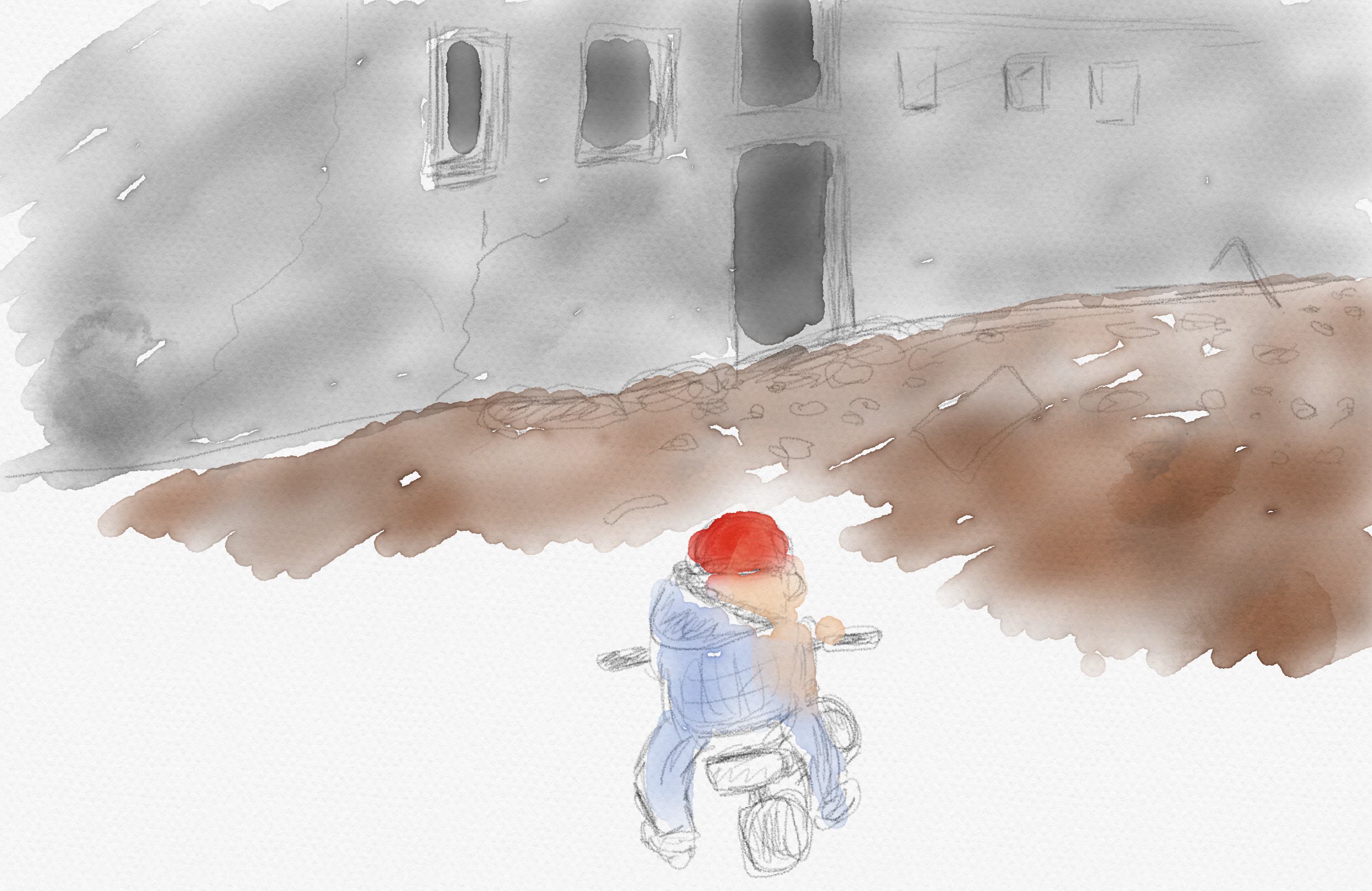The Right to Play: Lessons from childhood, carried into adulthood
A blog by Sabine Saliba, Eurochild Secretary General.
As we mark the UN International Day of Play, I’m reminded of how powerful and necessary play is—not only for children’s development, but for their sense of safety, creativity, and joy.
Looking back, I realise how much I learned through play. It taught me how to collaborate with others, how to manage emotions, how to think creatively and adapt when things didn’t go as planned. These are not just childhood skills - they’re life skills. Play helped me develop confidence, empathy, and curiosity, which continue to guide me today.
I grew up in Lebanon, a country at war, where fear and disruption were part of everyday life. But even in that context, play found a way in. I remember turning courtyards and rooftops into imaginary worlds with friends. We transformed our surroundings into places of laughter and adventure. In those moments, we weren’t defined by the conflict around us—we were simply children, inventing games, building friendships, and making sense of the world in our own way. Play gave us comfort, connection, and a sense of freedom when so much else felt out of our control.
We often talk about education and care when it comes to children's development - but play is equally vital. It’s through play that children test ideas, build language, strengthen social bonds, and process complex feelings. Whether structured or spontaneous, solitary or shared, play gives children a space to be themselves and to grow into who they are becoming.
That’s why I believe so strongly in protecting and promoting the right to play. In today’s world, where children face increasing pressure and distraction, play is not a luxury—it’s essential. Every child, no matter their background or circumstances, deserves time and space to play freely and safely.
On this International Day of Play, let’s remember: play is not just beneficial—it’s a right, enshrined in the UN Convention on the Rights of the Child. Upholding that right means ensuring all children, everywhere, have the time, space, and freedom to play—because it is fundamental to their development, dignity, and well-being.
Read more about the importance of the Right of Play in times of war.





